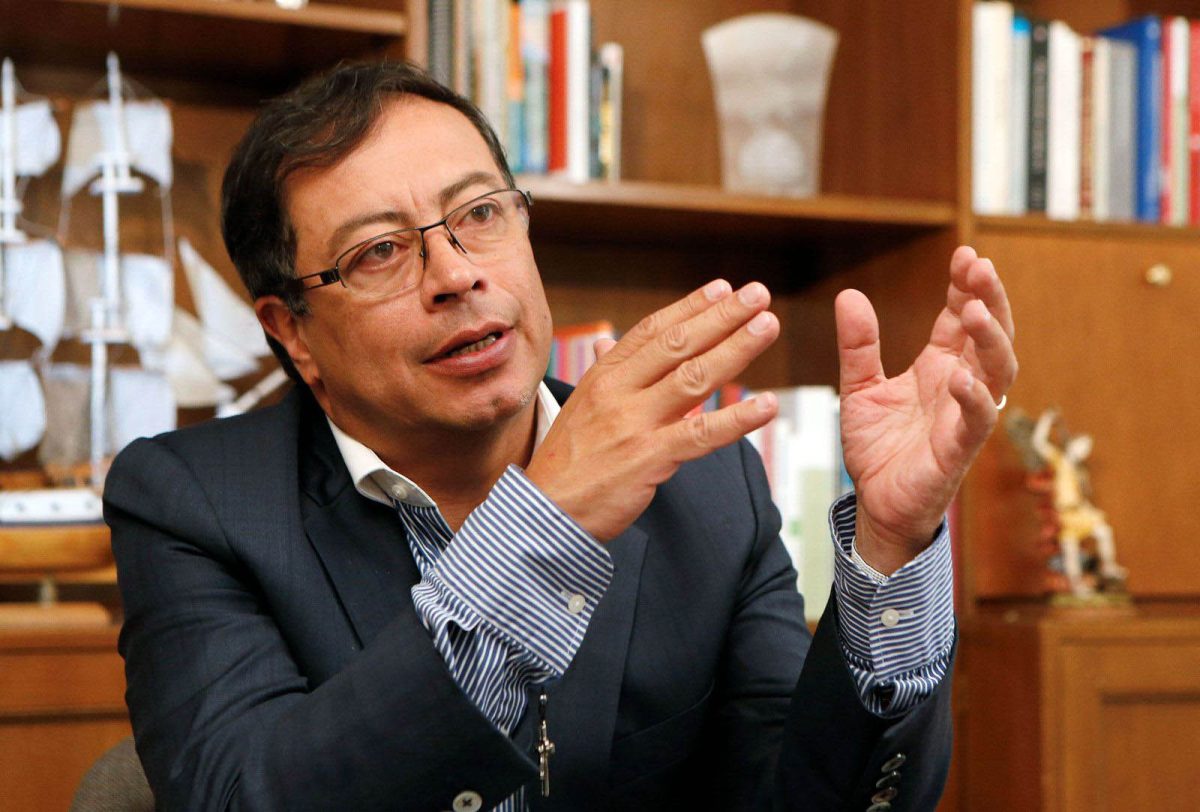BOGOTA, (Reuters) – Colombia’s National Elec-toral Council (CNE) yesterday requested an investigation into the 2022 election campaign of President Gustavo Petro over alleged violation of financing limits, it said in a statement.
The majority of the nine magistrates voted to approve an investigation into Petro and his campaign manager Ricardo Roa, who is currently the chief executive of Colom-bia’s majority state-owned energy company, Ecopetrol ECO.CN.
The decision to investigate comes weeks after Petro, Colombia’s first leftist president, warned of an alleged plot to assassinate him or remove him from power through the courts.
“The coup has begun,” Petro said on social media platform X after the CNE published its statement.
If the investigation goes ahead, Petro’s case would be heard by the accusation committee of the lower house of Congress, where presidents must be tried according to the constitution.
Petro’s coalition has a majority on that committee and he has repeatedly denied any wrongdoing.
Roa’s case would be investigated by the attorney general’s office.
Inquiries found that spending during Petro’s campaign exceeded the legal financing limit by a total of 5.3 billion pesos ($1.27 million).
Three other campaign officials, as well as Petro’s Humane Colombia movement and the Patriotic Union party are also named by the CNE in the investigation, the statement said.
The spending of some 3.7 billion pesos, or about $882,000 of the total, occurred during the first round of the campaign, the CNE said, when Petro’s campaign may have received prohibited financing from three unions, including the main oil workers’ and teachers’ organizations.
Another 1.6 billion pesos, about $381,000, of overspend came during the second round, the CNE added.
Petro and his lawyers have argued that the CNE is seeking to violate his presidential privilege, a charge denied by the electoral authority, which has said it is not questioning presidential privilege.










